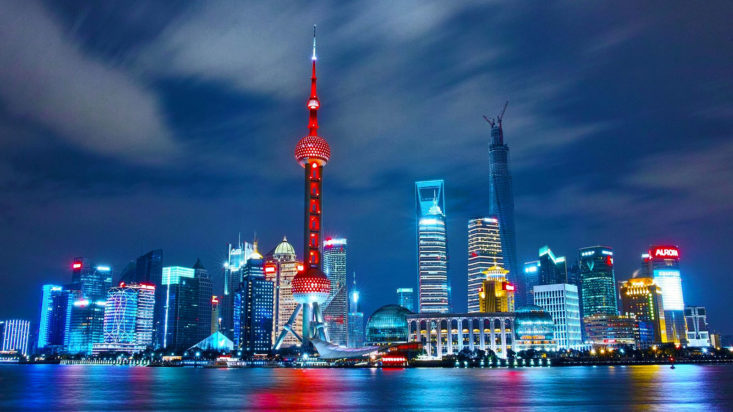UBS on ‘Alts in the Asian Century’
Like all big investors, global asset managers have to have a view on China. Most also have a view on alternatives, even if seen only as competition to traditional investment management.
Against this backdrop, UBS Asset Management held its inaugural global investor conference, virtually, last month (May 19-20), in which many discussions inevitably led to one: the investor landscape for alternatives in Asia.
In the session called ‘Alternatives in the Asian Century’, three speakers told of the UBS experience with alternatives and how Asia – especially China – has come to be so important for the future of the alternative asset classes. They also looked at the opportunities and dangers.
Deng Xiaoping coined the term ‘the Asian Century’ in 1988, referring to the 21st century to which he had just opened up China for its participation. Like all great leaders, he was a little ahead of his time, at least with what has become a slogan.
Benno Klingenberg-Timm, UBS head of ‘global sovereign markets’ for APAC, said that since Deng in 1988, a few statics could explain what had happened and how right he was:
- Asia had risen to become the largest contributor to the world economy (IMF World Economic Outlook, 2021)
- Some 437 million people had moved to Asia’s cities (UN World Urbanisation Statistics, 2021)
- The world had seen Asia’s consumer markets grow into the largest in the world, fired by rising incomes and the rapid rise of e-commerce (‘Digital Commerce’, November 2020), and
- Asia had risen to become an innovation hub, generating technologies and hardware used in daily life across the globe.
Klingenberg-Timm said: “We believe that these trends, coupled with Asia’s massive 4.65 billion population, mean that the 21st century truly will be the Asian Century.”
In the hedge fund world in which he operates, Adolfo Oliete, UBS ‘hedge fund solutions’ investments head for APAC, said that Asia had been a big allocation for a number of years. The UBS conviction was such that, over the last five years or so, the firm had more than doubled its allocation to Asia equity long/short funds.
“China is obviously a big part of that, to the extent that in our global portfolios we have a similar weight in our Asia equity exposure as we do in the US,” he said.
UBS believes that the three ways to assess markets – fundamental top-down and bottom-up research, as well as quantitative technical research – produce results which are all perfectly aligned with respect to China, which is uncommon.
“It’s a market that is not crowded due to the limited capital from institutional foreign players. In addition, markets are currently very liquid with significantly higher turnover, and this is a great feature for active investors,” Oliete said.

After years of reform, China can now offer alpha rather than just beta opportunities, according to Tan Jia, portfolio manager at UBS O’Connor, a separately managed hedge fund business.
He said China had been deeply involved in the global supply chain, fast following, or even leading, innovation. The dynamics between China and the rest of the world helped create profitable ideas.
China had been entering the new normal, which meant accelerated market consolidation in many industries. The winners and their competitors would perform differently in this stage.
Of particular interest to hedge fund managers, QFII and RQFII reforms enabled the A-share ‘borrow market’ to develop further, improving the capabilities of long-short managers.
“We expect the short capability can be doubled as soon as the credit account gets ready,” Tan Jia said. “As a result, relative value investors have the potential to benefit from information asymmetries, data science, and understanding evolving industries to chase attractive risk-adjusted return with low correlation to other asset classes and fund managers.”
The top-down and geopolitical risks in China are well known. But recent examples of specific government interference have made some investors nervous. Tan Jia, however, regards the ‘Huarong default’ as a “storm in a teacup” and the suspension of the Ant Financial IPO last year as being “anti-trust” rather than stymying innovation.
He said: “Holistically speaking, the financial system in China has been more transparent since 2016, and fiscal discipline has also been established gradually. To remove implied guarantees for state-owned enterprises and local government financing vehicles is an important step to establish a market-driven financial system.”
With Huarong Asset Management, a distressed debt state-owned issuer with foreign investors, the Government seemed likely to let it go under this year, but in recent weeks seems more likely to provide some sort of bailout. With Ant, a new IPO is still being studied.











